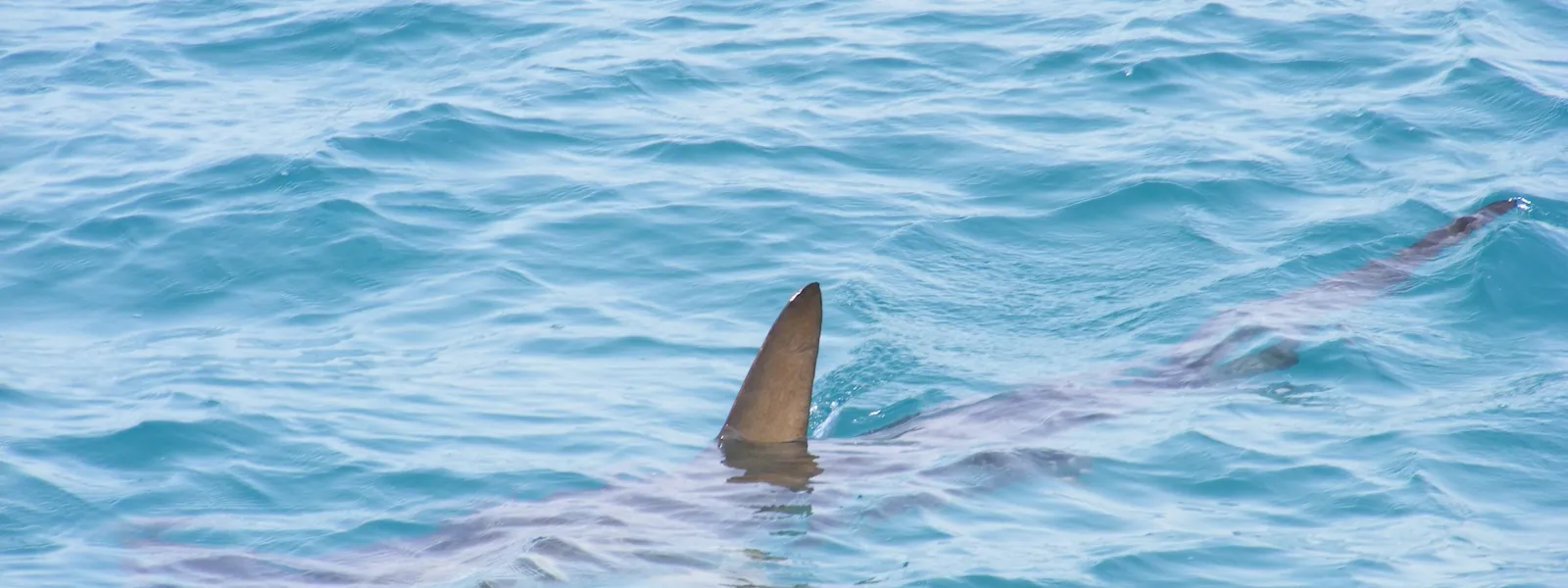
Costa Rican court issues first criminal sanction against shark finning
In a historic decision, a Puntarenas court convicted a businesswoman for shark finning. The woman had brought shark fins to port separated from the body, a practice illegal in Costa Rica, with intentions of selling them abroad. The Public Prosecutor’s indictment was supported by civil society organizations that argued her actions violated national and international laws protecting marine life.
Puntarenas, Costa Rica. On February 7, the Trial Court of Puntarenas imposed a six-month prison sentence on a Taiwanese businesswoman for illegally trading in shark fins. The woman had brought to port shark fins detached from the animals body and gathered together with a wire, a process know as finning. She had intended to sell the fins abroad. This ruling is the first time the practice, illegal under national and international law, has been punished in Costa Rica.
“We are pleased that, from the power of the Judiciary, Costa Rica has sent a clear signal that its priority is to protect the country’s sustainability. The response to the finning was appropriate, and responsible fishermen and environmental authorities will applaud it as such. At Conservation International, we reiterate our commitment to sustainable fisheries, transparent management of marine resources, and control of the country’s environmental regulations,” said Marco Quesada, director of the Costa Rica Program of Conservation International (CI).
In 2011, justice failed in favor of the businesswoman. That decision was rebutted by the Public Prosecutor’s Office, which obtained a second trial in which the crime was finally punished. The final sentence indicates that the businesswoman is responsible “for the crime of ordering the removal of the shark fin without the respective body, to the detriment of the natural resources” of Costa Rica.
“This is a truly historic sentence, as it’s the first time there has been a criminal conviction for shark finning. We applaud the efforts of the Public Prosecutor’s Office to enforce the national laws and international commitments of Costa Rica. We hope this case will be a precedent that helps prevent this practice from happening again,” said Gladys Martínez, attorney with the Interamerican Association for Environmental Defense (AIDA).
AIDA and CI assisted in the resolution of the case, which dates from 2011, by advising the Public Prosecutor’s Office on arguments of international law. According to Costa Rican law, shark fins must arrive to port naturally attached to the shark’s body. In cases such as this one, the fins are removed and the body tossed back to sea so the fishing boats can hold as many fins as possible.
“Shark finning is a crime punishable in Costa Rica by articles 139 and 40 of the Fisheries and Aquaculture Law. In addition, Costa Rica has ratified various international treaties that oblige it to protect the environment. These obligations include the protection, conservation and sustainable use of marine resources,” reads the document provided by both organizations to the Public Prosecutor’s Office for use during the trial.
Press contacts:
Gladys Martínez, AIDA, [email protected], +506 8321 4263
Marco Quesada, CI, [email protected] +506 2253-0500 ext. 129/IP 5484
